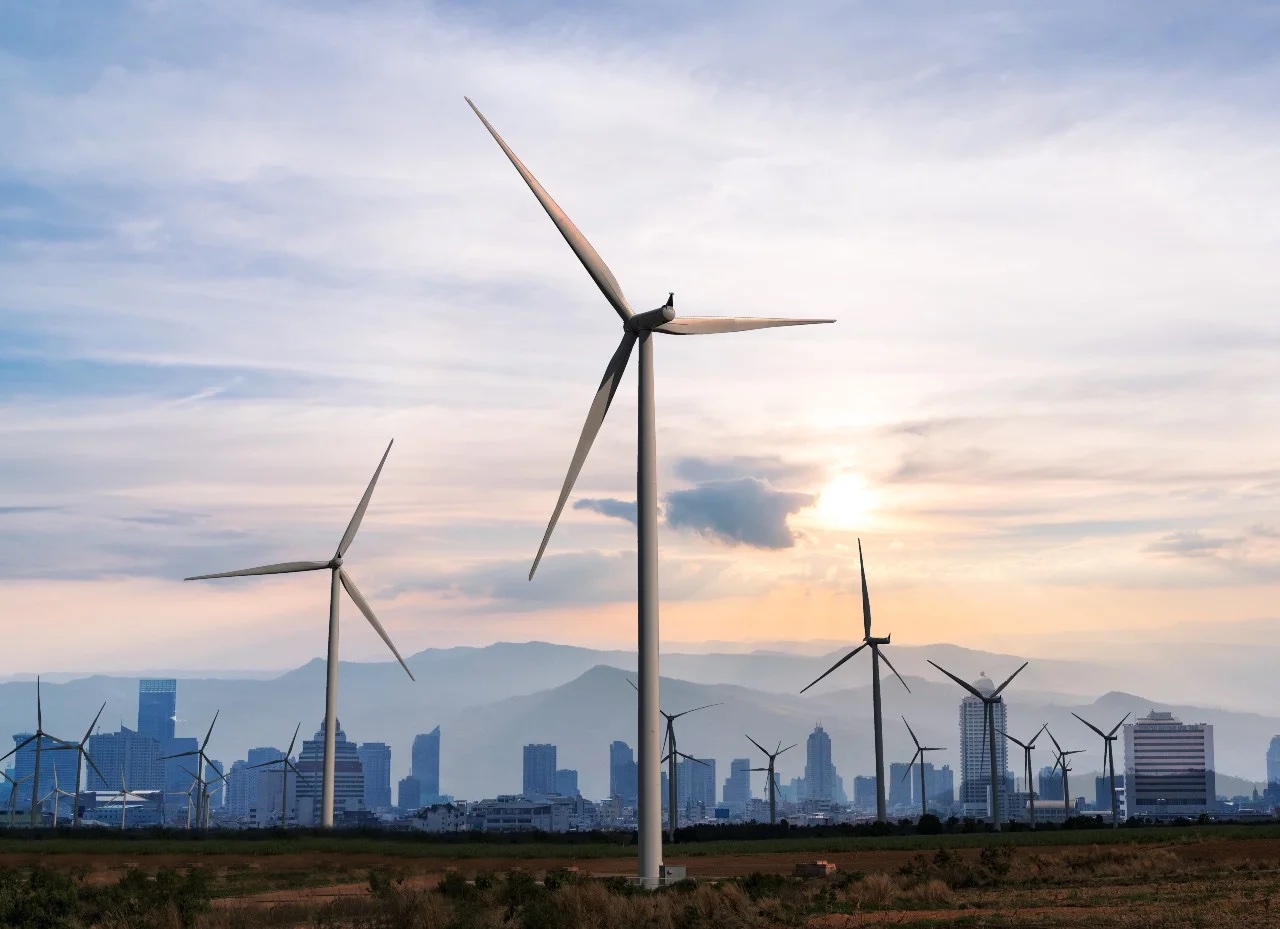Between 2025 and 2029, South-East Asia will become a net importer of natural gas and coal, so on its future climate strategy will depend not only an important part of the world's energy production, but also the fate of the Paris Climate Agreement
By Chiara Suprani
If many analysts predicted that South-East Asia would become the next world power plant, then the energy strategy that the ASEAN block will decide to adopt for its future development is going to be crucial. Ranking fourth in the world for energy consumption, the group of ten countries of South-East Asia still meets 83% of its energy needs with fossil fuels. According to a report published by the 7th ASEAN Energy Outlook, between 2025 and 2029 South-East Asia will turn into a net importer of natural gas and coal, therefore from its future energy strategy will depend not only a considerable part of the world’s energy production, but also the fate of the Paris Climate Agreement. The majority of ASEAN countries have joined the Agreement that calls for net-zero emissions by 2050, with the exception of the Philippines. Indonesia, instead, has opted for setting the deadline by 2060. In order to support the energy transition of Joko Widodo’s country, the 2022 Summit of G20 launched the Just Energy Transition Partnership (JTEP), which is an US$20 billion program to decarbonize Indonesia's energy system. The agreement between Indonesia and its international partners calls for the decarbonization of 34 percent of Indonesian energy production by 2030. The formula of the JTEP is a mix of concessional loans, market loans, grants, guarantees, and private investment by public and private entities-this underpins the JETP. A formula that has been received positively because it is elaborated on the needs of each country. However, investors in the fossil fuel world are very combative. In fact, at COP27 in November 2022 the number of oil and gas representatives increased compared to the ones at the COP26: from 503 to 636, thus outnumbering each country's delegation.
Capitalizing on renewable energy requires that national strategies should be laid on a ground that is fertile for change: readjusting citizens' habits and seizing each country's energy potential are key to creating a favorable investment climate. The signs are gradual but visible. There are numerous cases of citizen lawsuits and complaints against governments or private entities for lack of respect of human rights or insufficient commitment toward, for example, fostering clean air or halving emissions. Among the cases of tapping the energy potential of each country, there is the one of Indonesia, whose geothermal capacity is second only to the United States, and where the Muara Laboh geothermal plant in West Sumatra was built. Or also, on Jurong Island, located southeast of Singapore, the largest energy plant in South-East Asia has been built. It aims to cover 3 percent of the annual energy needs of 300,000 homes. As the region becomes increasingly reliant on renewable energy, the ASEAN Centre of Energy does not shy away from recommendations. New energy projects in ASEAN countries will put additional stress on the national power grid, which is still subject to numerous blackouts. Countries that fail to formulate a flexible, diversified and resilient strategy could be subjected to a "boom and bust" development, or expansion and contraction, like the one that hit Vietnam in 2019. Unearthing the catalyst for ASEAN's energy transition is therefore a key goal for 2023.






